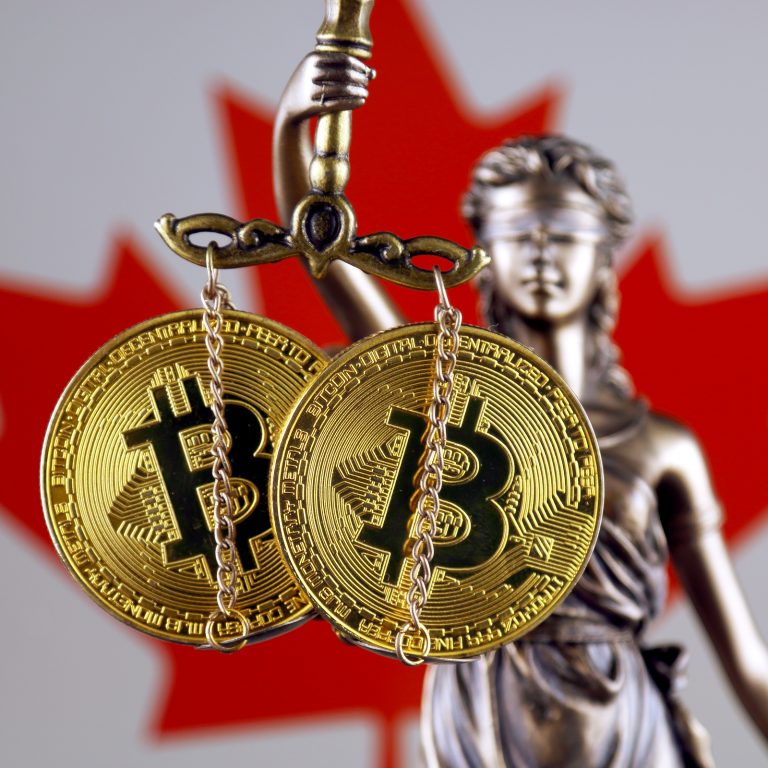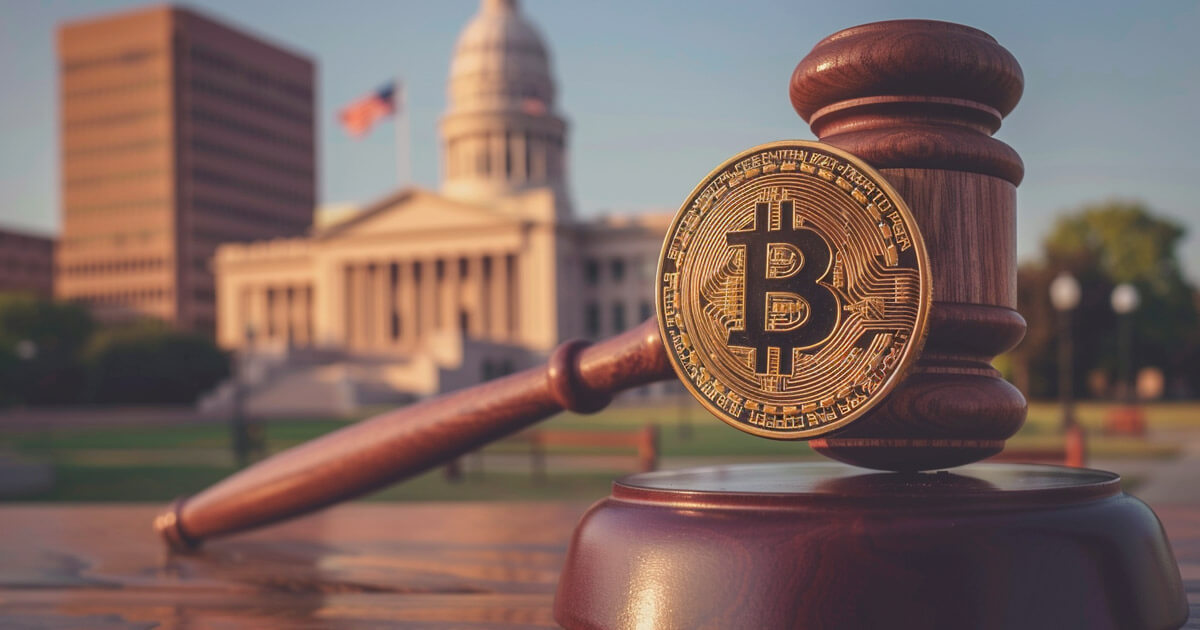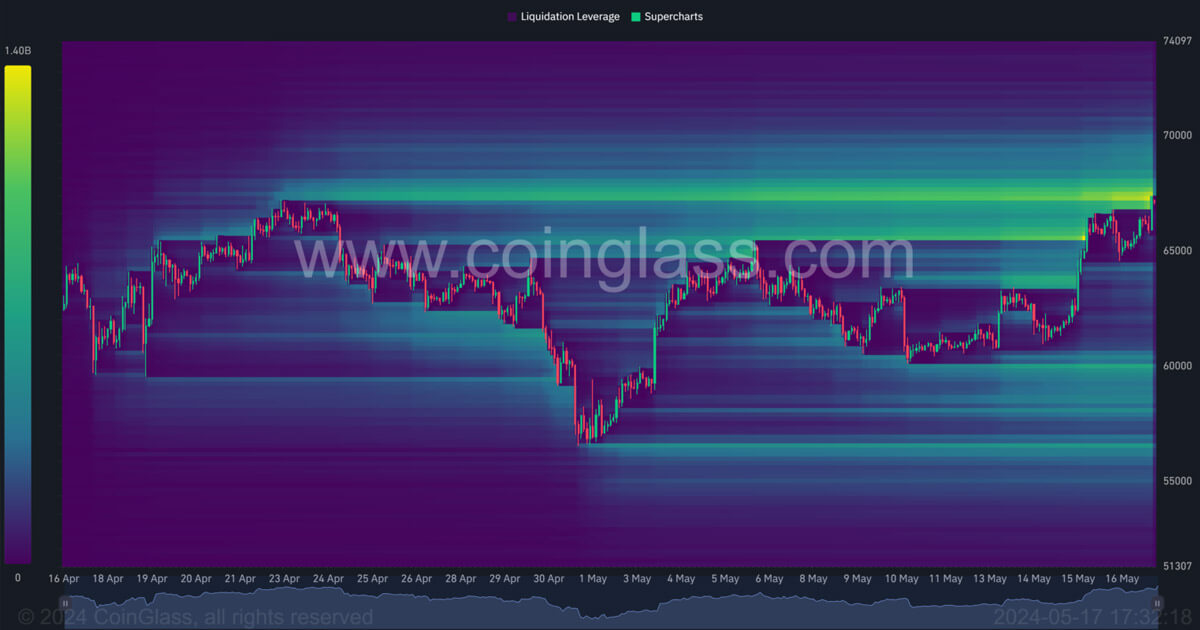2020-2-27 18:30 |
Cryptocurrency exchanges represent one of the most diverse service offerings within the crypto industry.
You only have to stack a handful of exchanges up, side by side, to see the differences between them. These differences can be found in a multitude of areas. Some differences relate to the actual user interface (UX) experience of the platform and how users interact with the services. Other differences can be found in the technical side of the trading offered by the exchange. This list is almost endless.
In a market that is now so big, this diversity allows crypto users to move to whichever exchange best suits their needs — a real win for those who are trading in the community.
To date, crypto exchanges have had a fairly easy life with respect to regulation and the amount of paperwork they have to do. Considering the amount of cash that flows through some exchanges, it is quite astonishing that so far they have had minimal regulation. In hindsight, this might not be such a great thing.
Regardless of your thoughts on the balance between privacy/freedom and control/monitoring, the simple fact is that most countries do not allow free flow of assets of any kind. Monitoring them kills factors such as financing terrorism and money laundering from crime. Two things which, in the early days of Bitcoin, gave the whole industry a bad name. One which we are still trying to recover from.
In order to counter this, 2019 saw a raft of new laws passed in various international jurisdictions. Most of which, aimed at exchanges. Essentially, there has been no headway into actually legislating cryptocurrencies themselves. However, moving forward, the trading will be much more regulated.
To help you understand the major changes, let’s take a brief look at the new major laws coming into play over 2020.
Hong KongHong Kong has finally set its mind on the trading of cryptocurrency. As of now, companies that are looking to offer trading services of cryptocurrencies will have to register for a Money Service License within Hong Kong. This is the same license that Foreign Exchange companies will use. It carries reporting requirements that are slightly easier than being a usual financial services firm.
SingaporeSingapore was the original birthplace of the exchange. Consequently, many many exchanges decided to set up there and conduct business. Singapore now requires all exchanges to register with The Monetary Authority of Singapore (MAS). MAS is a full financial oversight body that will inspect every element of the company including business operations and transactions.
European UnionThe EU has now placed registration requirements on all exchanges operating within the Union. Although countries such as Malta and Estonia already had these in place, all member states are now required to have cryptocurrency exchanges register within their respective country. One registration will work for all member states (as is common with all financial services). The obligation is only on the collection of data of users of the exchanges. Not information on trades. This registration process will vary from state to state.
The United KingdomThe United Kingdom was in the EU long enough to be caught by the new law but will be out in time to decide how they set it up. Consequently, the Financial Conduct Authority (FCA) has now created a special type of Crypto License. This license places a requirement on companies that operate in the crypto space and facilitate trades to register with the organization. This includes companies outside of exchanges.
All of these new laws are designed to ensure that companies who operate from “onshore” locations are taking the necessary steps to protect the flow of money in and out of the country. For those exchanges that are looking to promote a more “decentralized” or “fluid” approach to trading will more than likely have to move to an offshore location in order to continue doing business.
The post Why 2020 is an important year for cryptocurrency exchange regulation appeared first on CryptoSlate.
Similar to Notcoin - TapSwap on Solana Airdrops In 2024
Global Cryptocurrency (GCC) на Currencies.ru
|
|



























